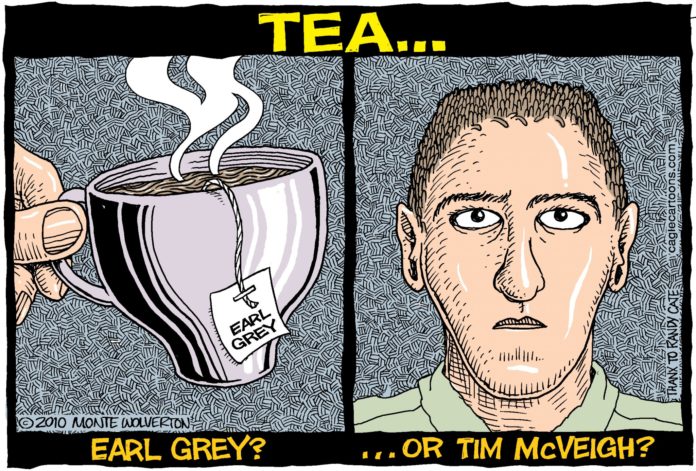BY DAVID PERRYMAN
 In February 1861, Abraham Lincoln traveled secretly through Baltimore en route to his inauguration. He had received only 1,100 of the more than 30,000 votes cast in the Maryland city in the preceding election. Baltimore was the home of the country’s largest African-American population, but also a large number of southern sympathizers.
In February 1861, Abraham Lincoln traveled secretly through Baltimore en route to his inauguration. He had received only 1,100 of the more than 30,000 votes cast in the Maryland city in the preceding election. Baltimore was the home of the country’s largest African-American population, but also a large number of southern sympathizers.
Lincoln’s unpublicized travel itinerary was based on the fear of an assassination plot and infuriated his political opponents. He was inaugurated in Washington on Mar. 4, and the fabric of American politics had been stretched to its limits.
On April 19, 1861, a group of secessionists and supporters of slavery who called themselves the National Volunteers attacked the Sixth Massachusetts Militia as the militia marched through Baltimore.
Exactly 31 months later, in a speech that lasted just over two minutes, President Lincoln concisely delivered the most famous and enduring statement of national purpose given to any people, anywhere. Without doubt, the charge given to those assembled at Gettysburg on Thursday, Nov. 19, 1863, eloquently paraphrased a bedrock concept of our constitutional government.
The president’s plea that we all be united in the preservation of a nation that was conceived in liberty and dedicated to the proposition that all men are created equal was not just lip service. His mandate of purpose that the “government OF the people, BY the people, FOR the people, shall not perish from the earth” is not simply a catchy phrase.
As citizens, it is our solemn duty to ensure, that a balanced relationship between the government and the people be preserved, eternally, forever, without fail.
President Lincoln recognized that the preservation of this balanced relationship resulted in bloodshed on the battlefield at Gettysburg and that future bloodshed would likely be unavoidable.
Lincoln recognized that the nation was divided against itself and that large numbers of people believed that the relationship was out of balance. He understood that the American Civil War would not vanquish all domestic strife. However, the president had hope that in his future those conflicts could be resolved at the ballot box. For the most part they have been. In some instances they have not.
Twenty years ago this month, also on April 19, Oklahoma City was thrust into a global spotlight as a young man chose to act on feelings that the relationship was out of balance. Call him deranged or call him evil, his motivation was rooted in the same hatred of the federal government harbored by the Confederacy and John Wilkes Booth as he discharged the firearm in the presidential box at Ford’s Theatre 150 years ago last week.
In fact, when Timothy McVeigh was arrested and booked into jail in Perry, OK, the front of the t-shirt that he wore showed Abraham Lincoln’s picture with the following subscript: “Sic Semper Tyrannis,” or “thus always to tyrants,” Booth’s famous proclamation as he leapt from the presidential box to the stage.
It was inflammatory rhetoric and hate that brought McVeigh to Oklahoma City. This week we pause to remember those who were lost in his senseless crime. But it is only when we are “dedicated to the proposition that all men are created equal” that others like him will be kept away.
– David Perryman, a Chickasha Democrat, represents District 56 in the Oklahoma House of Representatives








